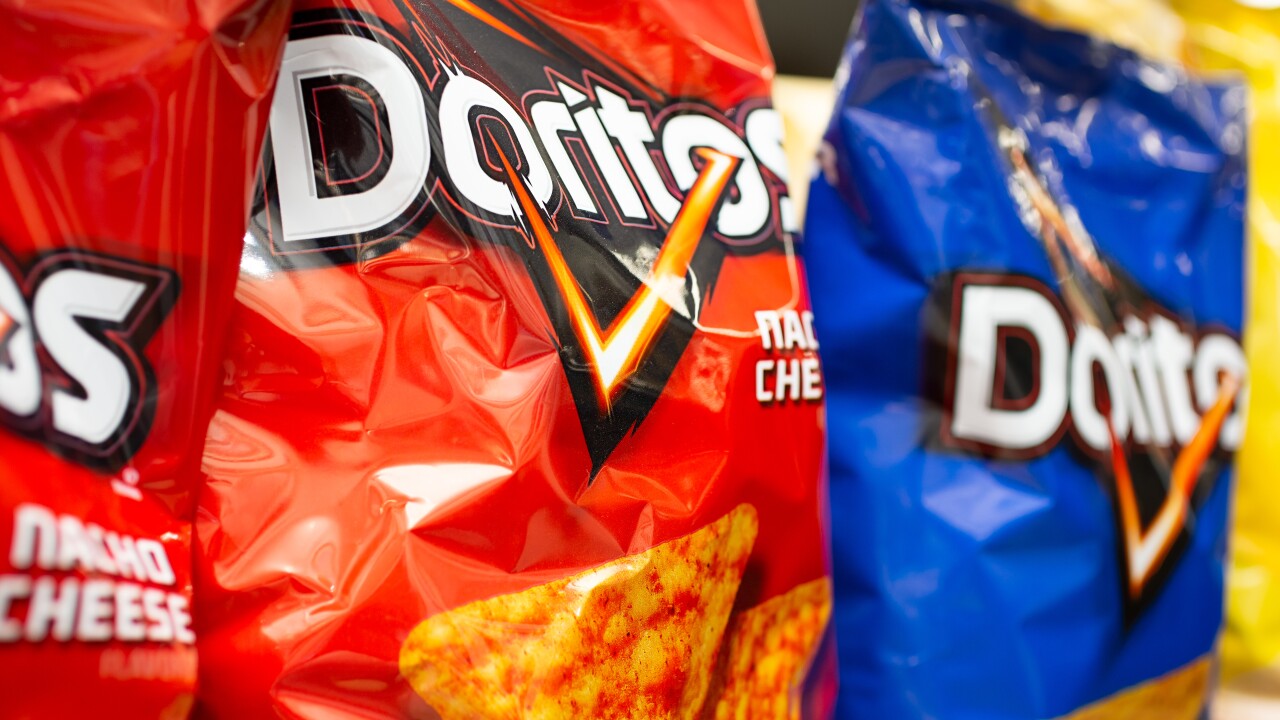PepsiCo, parent company of Doritos and Cheetos, announced it is releasing “colorless” versions of its snacks that contain no artificial dyes.
The company plans to launch SimplyNKD versions of its puffs and Flamin’ Hot–flavored crunchy Cheetos, as well as Cool Ranch and Nacho Cheese varieties of Doritos. All four products are scheduled to arrive on grocery shelves Dec. 1.
PepsiCo says the snacks will have the same flavor and texture as their traditional counterparts.
“Rest assured, our iconic Cheetos and Doritos remain unchanged. NKD is an additive option, not a replacement, introduced to meet consumer demand,” said Rachel Ferdinando, CEO of PepsiCo Foods U.S. “This move underscores our commitment to flavor leadership, demonstrating that our taste remains strong even without visual cues. As part of our broader transformation, we are expanding choices while still protecting our iconic brands. More choices, same flavor, same brand power.”
Artificial dyes do not provide nutritional value but often make food look more appealing. While generally not considered dangerous, the Cleveland Clinic says some studies have linked artificial food dyes such as Red 40 to hyperactivity. It also notes Red 40 contains benzene, which has been associated with higher cancer rates.
“I recommend minimizing food dyes in your kids’ diets,” Cleveland Clinic dietitian Julia Zumpano said. “And if there is a cancer risk in your family, I would encourage you to be even more vigilant in avoiding artificial dyes.”
RELATED STORY | FDA rolls out plan to remove artificial dyes from US foods
The FDA asked food companies to remove some artificial dyes from products in the coming years over health concerns. The FDA hopes to eliminate Red No. 40 from products by the end of 2027.





